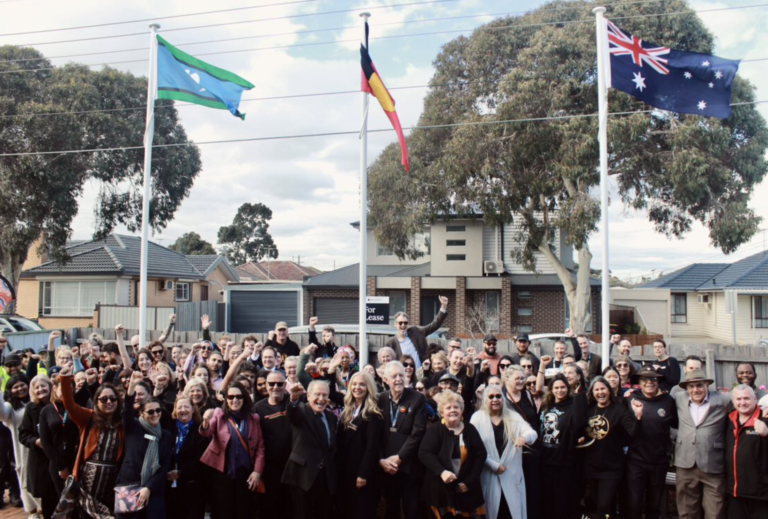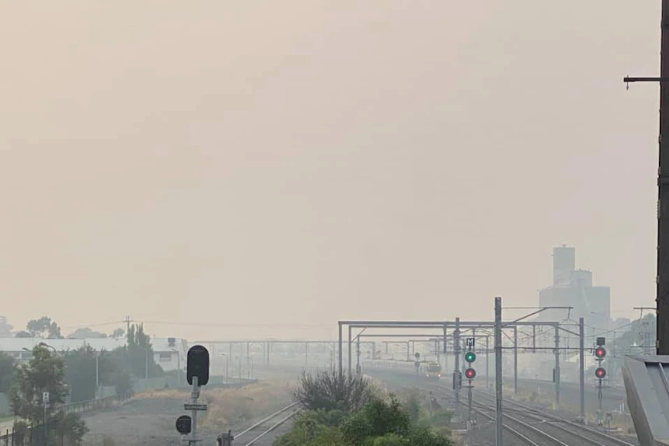20th March 2024 15:24pm
Victorian Legislative Council, Melbourne
David ETTERSHANK (Western Metropolitan) (15:23):
I rise to speak on behalf of Legalise Cannabis on the proposal to establish an inquiry into the demolition and redevelopment of, well, not simply 44 towers but really multiple estates. I come to this with a deep sense of engagement. Personally, I worked on the Kensington estate redevelopment on the community reference group and also on the building standards committee for about eight years, and I was intimately involved in that project.
Of course that was the first government PPP – public–private partnership – to explore this process of redevelopment. It also came after Jeff Kennett had I think nuked the first tower. Then the incoming Labor government decided to refurbish the remaining two towers at Kensington, and I will come back to that.
In thinking about this motion, the first thing is that this is not about buildings, it is about people. It is about the people who are living in these towers, and it is about the people that need to be able to access affordable, safe housing, whether it is public or whether it is community based.
Unfortunately I think much of the debate that has occurred in this place has all too often either broken on partisan grounds or broken on rhetorical semantics that have not allowed for a really fulsome discussion of the issues.
I do come to this with very strongly held views, and I also know really well a lot of the people who live in these places. I have lived in Kensington for 30 years.
I am a couple of hundred metres from the Kensington estate, I am about 500 metres as the crow flies from the North Melbourne estate and probably 700 metres from the Flemington estate, and I have relationships with all of those people. Those people, particularly the ones in the towers, are very vulnerable.
They are people who have a precarious hold on life in terms of financials as well as accommodation as well as social relations. There are lots of problems with these buildings, and I will come back to that.
In the case of the Flemington estate these people went through a process in 2017 under the then housing minister – I am disassociating this from the current housing minister absolutely on this point – and the exercise that went on in the Flemington estate in 2017 was absolutely atrocious.
The government simply ignored all of the lessons that came out of the Kensington redevelopment and basically told both resident representatives and local community representatives to just stay out of the way. It was really an atrocious approach, and of course it imploded.
Then many of these residents were further traumatised by the effects of the lockdown during COVID, and I do not think there is any debate about how terrible it was for those people.
In coming to the process of demolition and relocation that is being proposed through this project – and I am not saying that this is without merit as a project – we are dealing with people who have been through hell and back, and I think that needs to be more important than what sometimes might be political pointscoring.
We have sought to work with government and with the sponsors of this motion to find common ground. I thank the minister and the minister’s staff for their time, and I am disappointed that we could not find middle ground between the sponsors and the government.
Returning to the Kensington estate, one of the outworkings of the Kensington estate redevelopment was a report by Swinburne University that critically evaluated the processes that had been undertaken through the development process.
There were valuable learnings for how future projects were to be potentially rolled out, and in the 2017 rollout those were completely ignored. From talking to the minister, I understand that in fact the government has a far more sympathetic approach than that, and I welcome that.
That includes things like consultation not only with the residents but also with other neighbourhood stakeholders, with service providers, with schools and with health services, because when you close down these buildings you profoundly – profoundly – impact the whole ecosystem that exists around them, and that is a really big issue.
I take it from Minister Shing’s private discussions with us, if I may say that, that she is concerned to make sure that there is not a replication of that.
But at the same time we are also hearing that multiple towers will be demolished in the very, very near future, and clearly central to what is in the Swinburne report is that you do not just knock down the buildings. You actually need to do a lot of work prior to that, and it is not just about consulting with the residents concerned.
There are obviously different views between depending on who you speak to about whether or not the consultation has been good or otherwise. Certainly in terms of the people I speak to – and these are the people that grab me when I am on the street going to the supermarket or into the local shops – they are deeply traumatised. It is not a product of being told this by the Greens or whatever.
These are people who are genuinely distressed, and the communications with these people, the consultations with their representatives and the consultations with other stakeholders in the neighbourhoods have not been adequate.
In terms of the motion itself, it seeks to address a number of things. Clearly this motion comes after, for want of a better term, a failed documents motion.
That documents motion could be critiqued as having been a bit of a shopping list, but the fact of the matter is that there was a lot of information that was sought which would have informed this debate. Rather than simply taking this position or that position, there is hard data that could have been presented any time over the last six months that would have addressed questions like what is the business case for the redevelopment.
Ten years ago, when the Kensington housing estate towers were being refurbished, there were two building realities. One building reality was that these buildings are hugely overengineered. They are incredibly robust structures, but within them the services had profoundly decayed. If you look at the towers now, they are pretty much fully occupied.
In many cases they have been retrofitted and converted. There are a whole lot of things that can be done in these buildings because they are simply so robust, so to suggest, I think, that there is $2.3 billion which will be bandaids – I would really like to see the evidence of that. If it was fine to do it a decade ago, what has changed on a 50-year-old building?
I live in a 148-year-old house. There are various colloquialisms I could apply, but I think the Acting President would take umbrage with the descriptions I might use. But these are very robust buildings, and they are retrofittable. You can double-glaze them, you can ventilate them, you can sprinkler them. Again, none of the data that has been presented would change that
I guess in that sense if you are going to take out 44 towers – take the government’s own numbers – we are looking at about 10,000 people being decanted. If you do a basic back-of-the-envelope on what is being built, it would seem to me, that what the government is proposing to build and roll out will be fully absorbed just by that relocation process.
If we allow, say, four to five years to get these projects rolling, and that is how long these things take to get to commissioning, we are basically going to see a situation where the government will be rolling out replacements equivalent to those high-rise towers at about two per annum for 20 years. I just cannot see how the numbers currently stack up.
We have a whole range of other issues. We would welcome disclosure from the government as to the sorts of issues that have been identified, and that does not need to await an inquiry. Obviously terms of reference can be amended if those documents are provided and the rationale is provided, and I hope that the government will avail itself of that.
I know that is not as good as what we have been discussing, but that may be a way forward. I would just conclude by thanking again the minister for her time and the Greens for their time, and we will be supporting the motion.
[ENDS]





